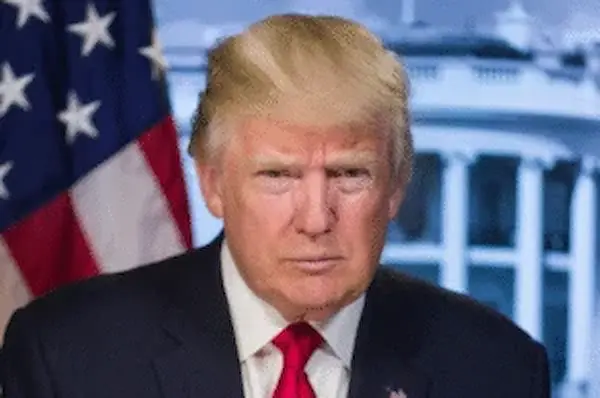
A US appeals court has allowed Trump’s tariffs to remain, sparking economic debates
US Economic Fallout – The US Court of Appeals has ruled in favor of Trump’s tariffs, allowing them to remain despite legal challenges. The decision has far-reaching consequences for the retail market, supply chains, and consumer spending. With import duties on China, Mexico, and Canada still in place, businesses are reassessing pricing strategies, while consumers brace for higher costs on essential goods.
Table of Contents
US Economic Fallout – Impact on Retail Prices
Retailers are expected to pass tariff-related costs onto consumers, leading to price hikes across multiple sectors:
- Electronics and appliances may see a 10–15% increase due to higher import costs.
- Clothing and footwear prices could rise by 8–12%, affecting affordability.
- Automobile parts and accessories may become more expensive, impacting vehicle maintenance costs.
With inflation already a concern, these tariff-induced price hikes could strain household budgets.
Global Supply Chain Disruptions
Trump’s tariffs have reshaped global supply chain, forcing businesses to seek alternative sourcing strategies:
- Retailers are shifting production to Vietnam, India, and Mexico to avoid high import duties.
- Small businesses reliant on Chinese imports are struggling to absorb costs, leading to reduced profit margins.
- Shipping delays and logistical challenges are expected to worsen, affecting product availability.
The uncertainty surrounding trade policies is making it difficult for businesses to plan long-term strategies.
Consumer Spending and Economic Fallout
Higher retail prices could impact consumer spending habits, leading to:
- Reduced discretionary spending, as households prioritize essential goods.
- Lower demand for luxury items, affecting brands reliant on high-end consumer markets.
- Potential job losses in industries affected by declining sales and rising costs.
Economists warn that prolonged tariff policies could slow economic growth, especially in consumer-driven sectors.
Political and Legal Implications
The legal battle over Trump’s tariffs is far from over:
- Opposition from businesses and state governments continues to grow.
- The case may reach the Supreme Court, determining the future of US trade policies.
- Trump’s administration is exploring alternative tariff strategies, including sector-specific levies.
The uncertainty surrounding trade regulations is creating volatility in financial markets.
Conclusion
Trump’s tariffs are reshaping the retail landscape, with higher prices, supply chain disruptions, and economic uncertainty. As businesses adjust to new trade realities, consumers must brace for inflationary pressures. The legal and political battles surrounding tariffs will continue to shape economic policies, influencing global trade dynamics.
also read – US Tightens Visa Rules – Marco Rubio’s Crackdown on Chinese Students Sparks Global Debate
3 thoughts on “US Economic Fallout Hits Consumers and Businesses – Trump’s Tariffs Shake Up Retail”